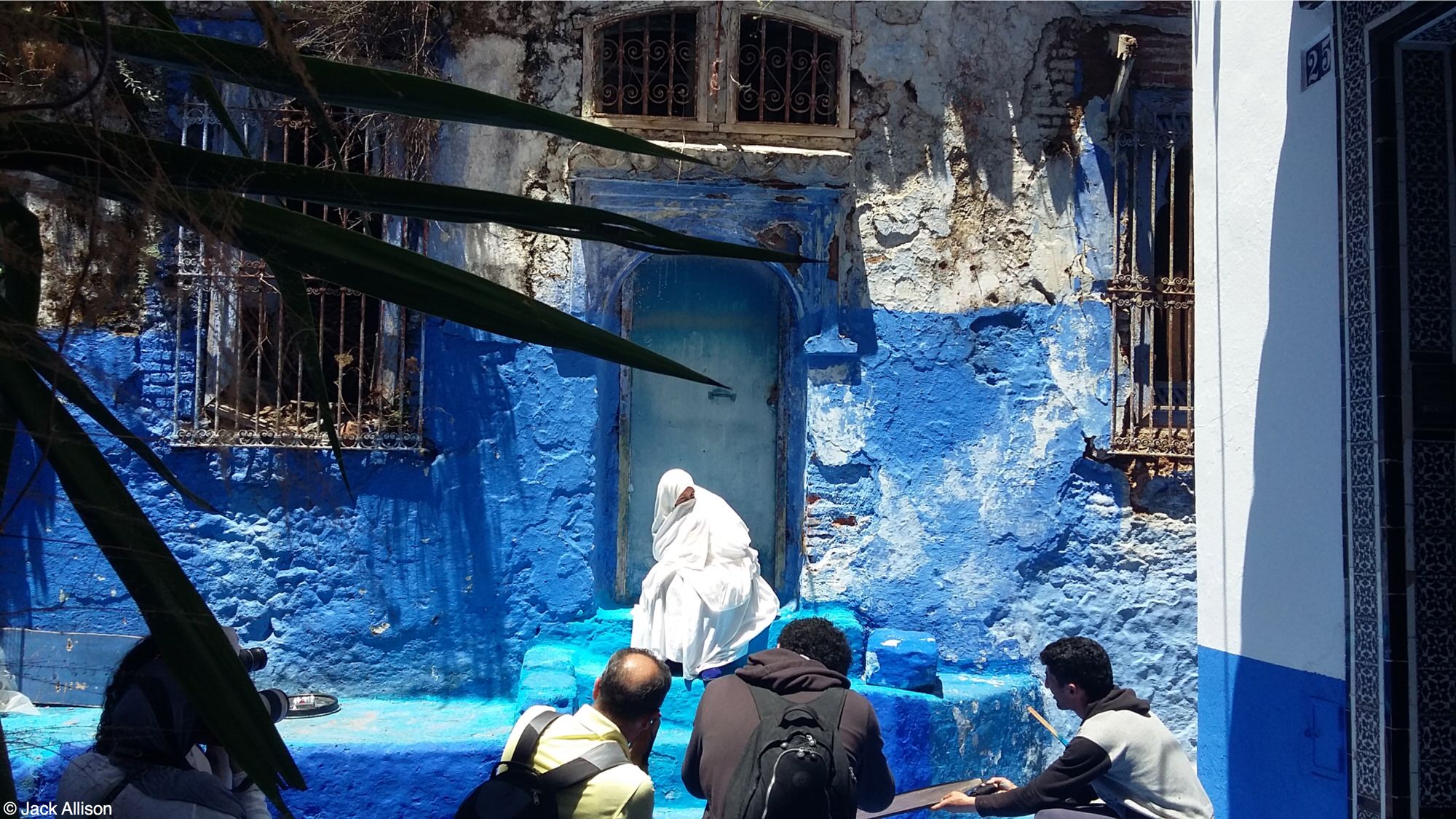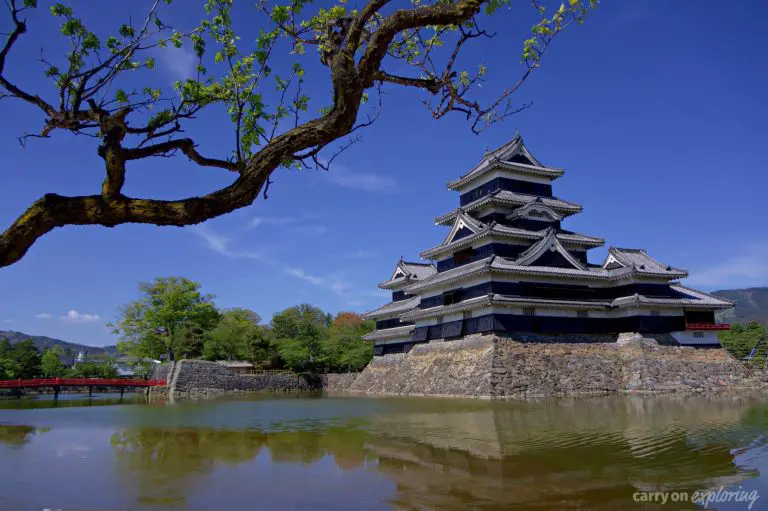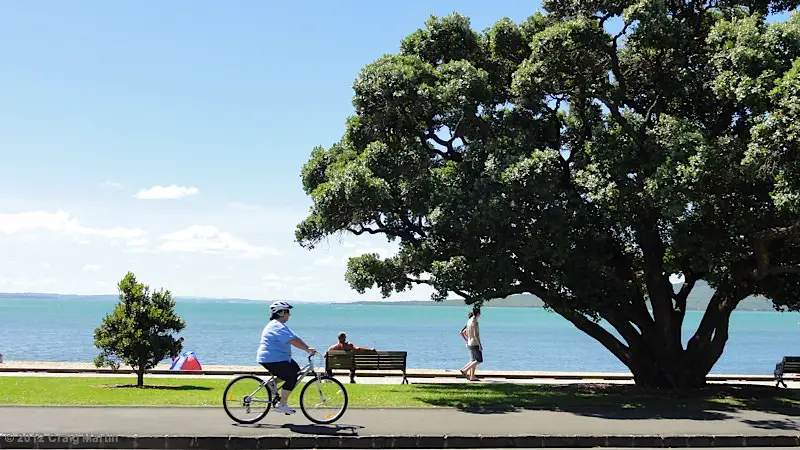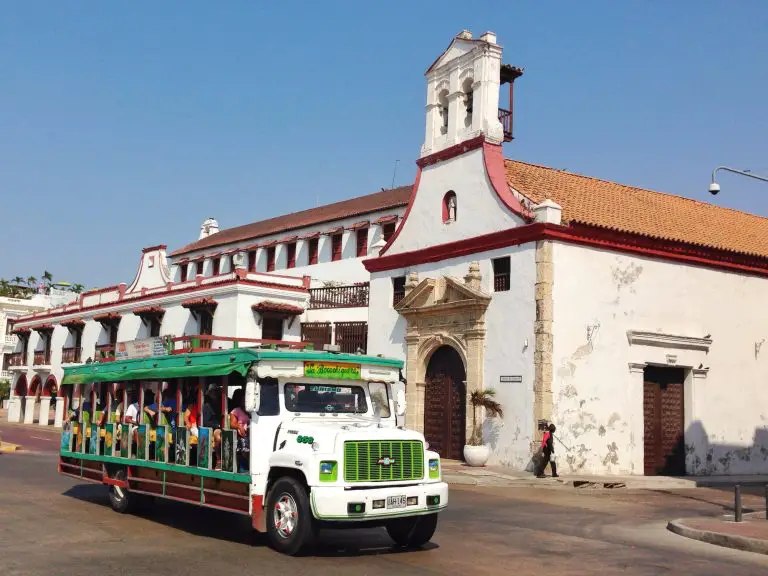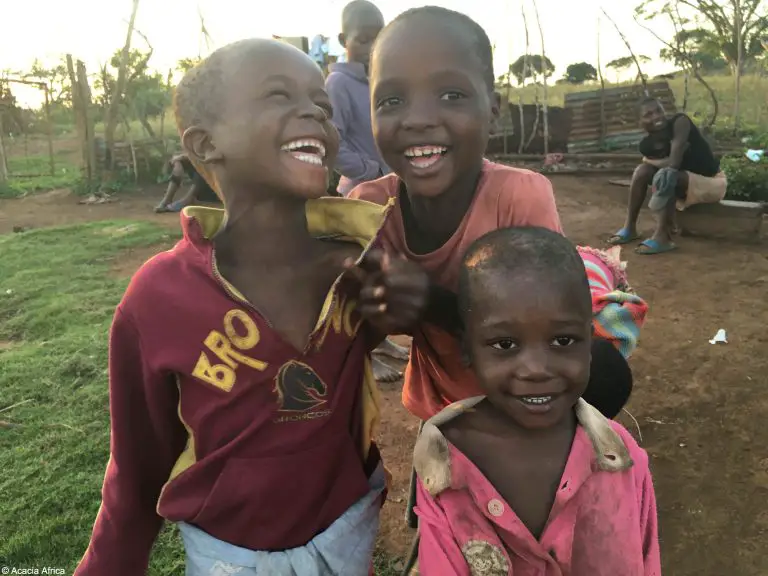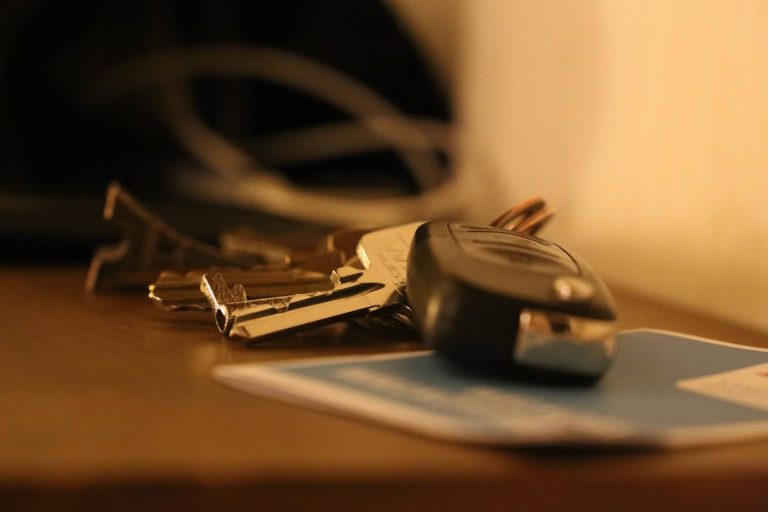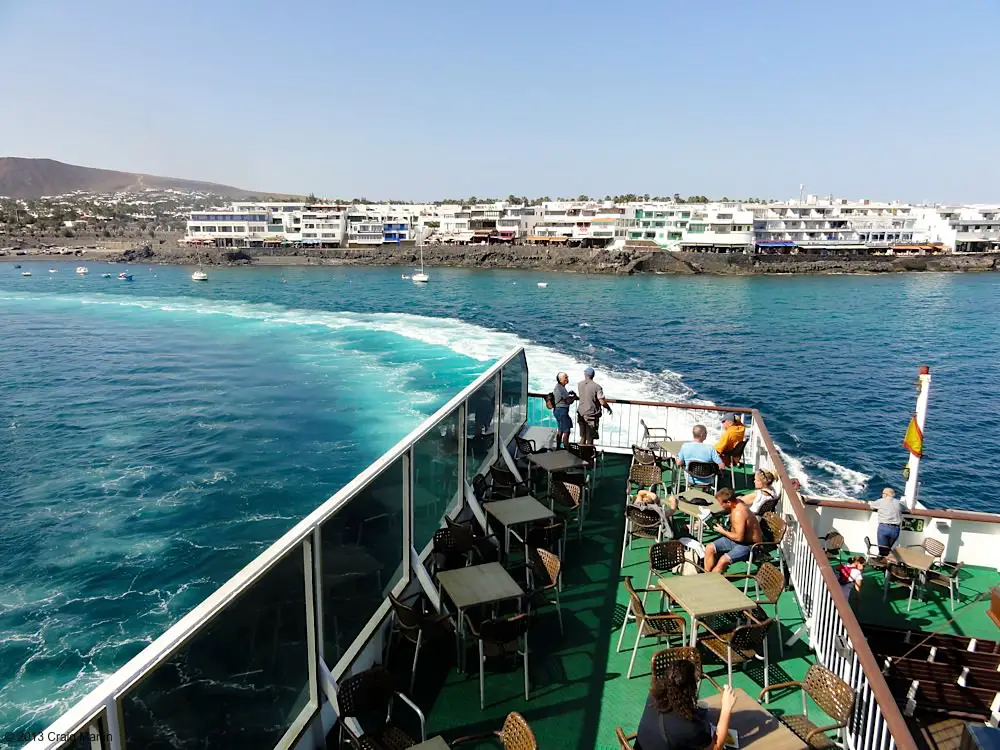How to celebrate Ramadan in Chefchoen
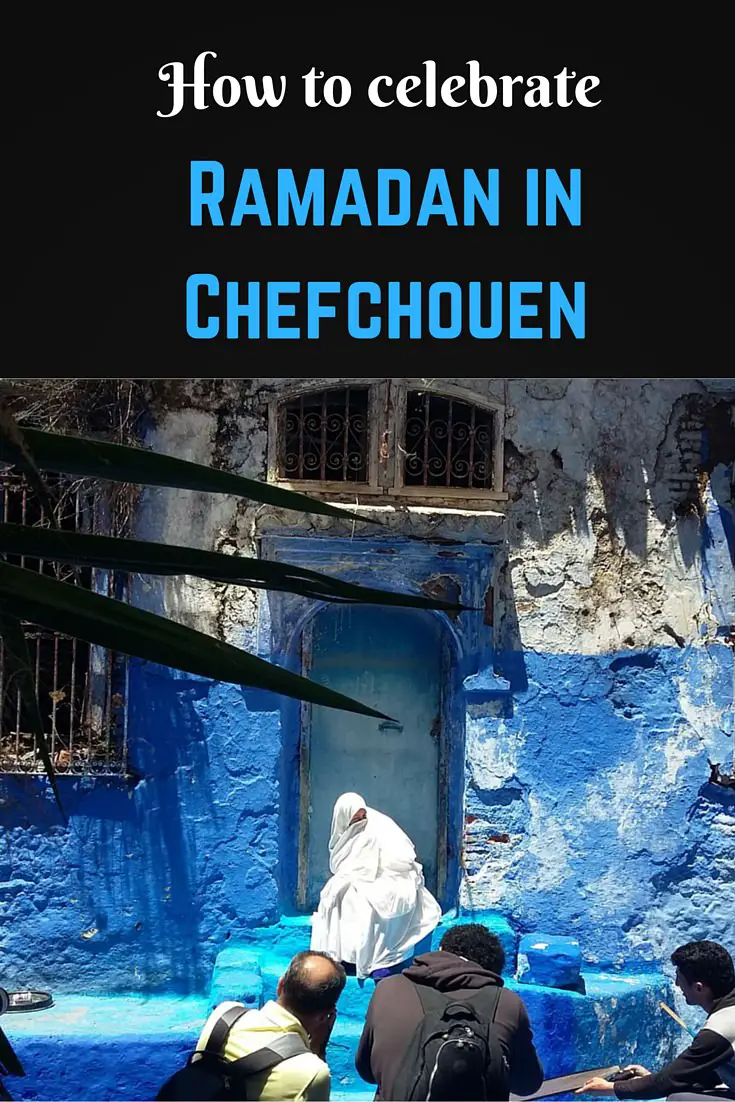
Why you should visit Morocco during Ramadan
Admittedly, I haven’t sold it very well so far, but this Islamic tradition is about much more than fasting. It’s about practising self-discipline, empathy and respect to others. It’s about being charitable and giving to those less fortunate.
Ramadan is a holy month in the Islamic calendar, and is observed by Muslim countries around the world to varying degrees; according to The Economist, Saudi Arabia takes Ramadan more seriously than anyone else. Conversely, in the much more liberal UAE with its huge foreign non-Muslim population, failing to fast in public is seen as simply a minor transgression and is normally met with a small fine, if anything.
However, there is one thing that all Muslim countries have in common during Ramadan: Iftar.
In Morocco during Ramadan, things come alive at night. It’s the only time when people can indulge… and indulge they do! Iftar is the name of the fast-breaking meal eaten in the evening, when family and friends gather together to feast on delicious Moroccan food, and drink plenty of tea, water and local juices. Ramadan always falls on the ninth month of the Islamic calendar, which this year puts it at the height of summer, so the days are particularly long and hot. This makes Iftar all the more exciting and rewarding.
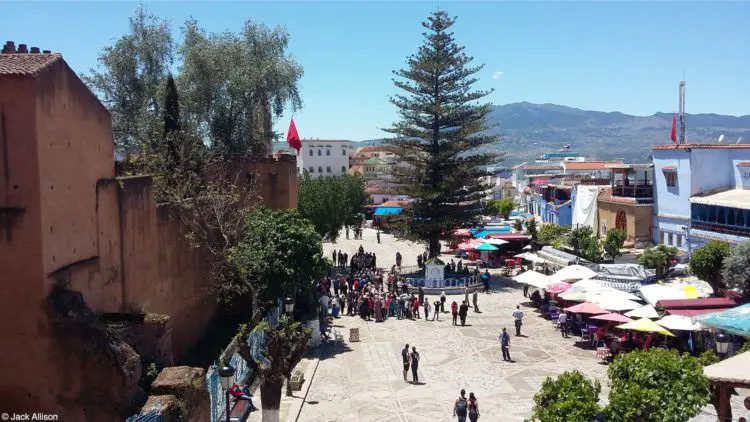
You can find Iftar meals in many restaurants after sunset. Often, they have a special set menu. It will not be difficult to find a restaurant offering one of these meals, since the towns and cities come alive after sunset.
If you’re lucky, you could be invited to a local’s house to share an Iftar meal with friends and family. In Morocco, and indeed other Maghreb countries, homes are not seen in the same way as they are in European cultures. As my Tunisian friend told me, when he was growing up, there were always people coming and going – even people he didn’t know! In Europe, homes are seen as a private and personal space, but in Morocco it is a bit different.
The atmosphere at the Iftar meals I went to were electric. People were reaping the rewards of the self-discipline they had shown during the day. They were smoking, drinking and eating with the satisfaction that they had Allah’s blessing to do so. But I wasn’t in Marrakech, or Casablanca, or Rabat. I wasn’t in a major city surrounded by package-holiday tourists. I was in the small mountain village of Chefchaouen in the Rif Mountains, with not a single tourist in sight.
How to get to Chefchaouen during Ramadan
Transport can be more challenging in Morocco during Ramadan. Chefchaouen is not as well-connected as I had imagined, which means that I had to do a bit of research first. I had arrived in Tangier the day before, but wasn’t particularly interested in staying for too long. I found that there was a daily bus to Chefchaouen through a company called CTM, but having read poor reviews online regarding punctuality and safety issues, I found a company online called TangierTaxi which provided a private car with air-conditioning and a friendly driver.
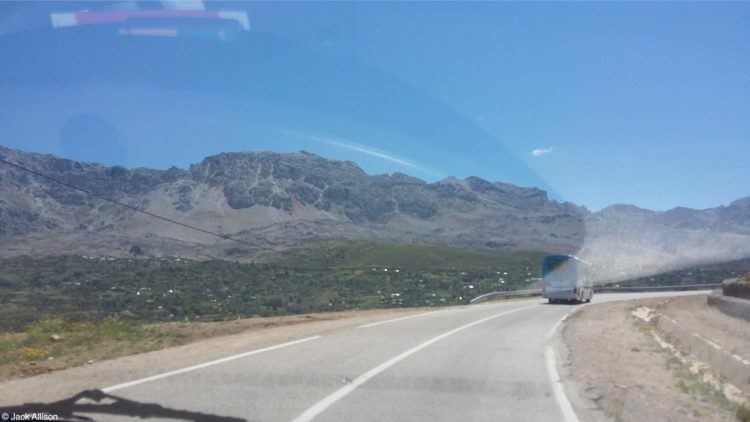
You can also take a grand taxi, which is more often than not an old Mercedes which carries six passengers (plus the driver) and has no air-conditioning! I took a grand taxi from Asilah to Tangier, and although it was manageable for such a short trip, I could never take a grand taxi on a longer intercity transfer. It’s just too claustrophobic and sweaty, and because you have to share the vehicle with locals, you never know who you are going to end up sitting next to. You could be lucky and make great friends, or you could be like me and have to deal with a guy pestering you for money for a full hour.
The drive itself from Tangier to Chefchaouen is very scenic, and involves winding mountain roads and stunning views. It takes about two and a half hours, so I would recommend getting up early and beginning your journey in the morning. The road between Tetouan and Chefchaouen is a busy trade route, so it can get busy later in the day. One of Chefchaouen’s major exports is marijuana, so don’t be surprised to see so many police checks on your way. My driver actually told me that the policemen pay their bosses to be assigned to patrol this route, because they make so much money from bribes.
“It’s corrupt from the very top. A policeman working the police checks on this route makes more in a day than I do in a month.”
But the smugglers are quite good at finding ways to avoid the bribes. A couple of cars driving in an erratic manner passed us, beeping their horns and throwing flowers out of the window.
“They are pretending they have just left a wedding. They will have a pretend bride and groom, a wedding dress, everything. It’s just a cover.”
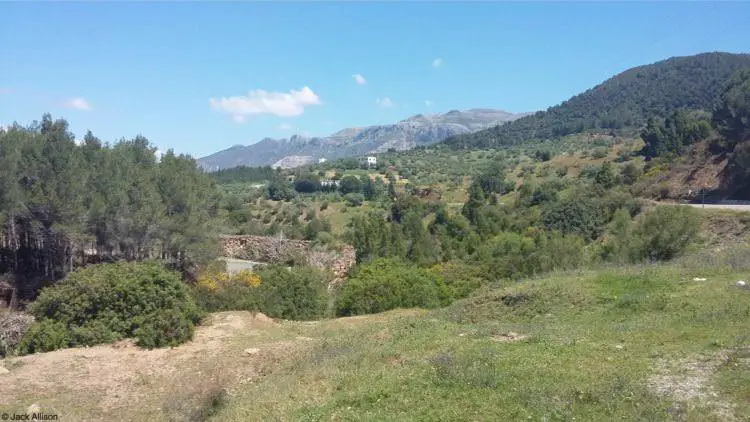
Things to remember in Chefchaouen during Ramadan
It may seem obvious but it’s actually very easy to forget because it’s so habitual for all of us. Don’t drink, eat or smoke in public during the day. In your hotel room it’s absolutely fine, but if you hold out until the evening, you will feel like you have earned that delicious Iftar meal a bit more.
Shops, cafes and restaurants are closed during the day, but like I said, things come to life at night. So you should stock up on bottled water in the evening for the next day, since it is probably best to avoid the tap water.
Even though Ramadan is a time when Muslims generally abstain from sinful acts, and crime rates in many Muslim countries actually decrease during Ramadan, there will still be some unscrupulous characters who are ready to take advantage of your kind nature and generosity. This is by far the exception to the rule, but my point is that it is important to keep your common sense about you, even if it is Ramadan.
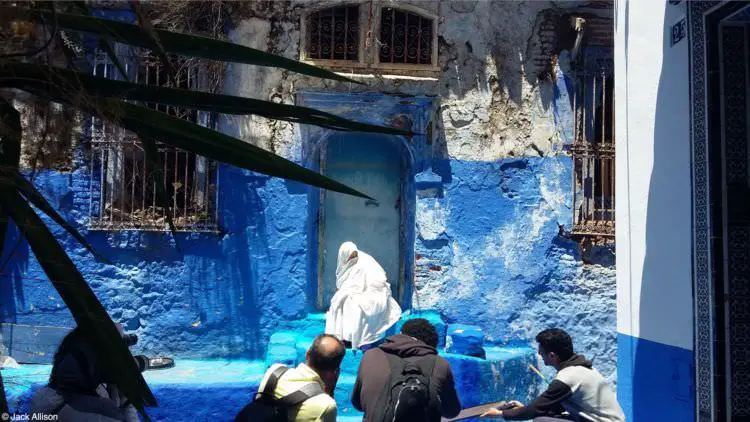
Accommodation in Chefchaouen during Ramadan
Quality and affordable accommodation is plentiful in Chefchaouen, and there should be more availability than usual during Ramadan. However, I would recommend booking in advance, since it’s very easy to do online and is much less risky than turning up and hoping for the best. Chefchaouen is a small town, and most hotels can be found in the medina. Staying in the medina is recommendable because there are no vehicles (the streets are too small), and therefore no pollution or noise. Also, the medina is at the heart of the town, and has everything you need.
Don’t be put off travelling to a Muslim country because it’s Ramadan — you might just find you end up having an amazing experience!

